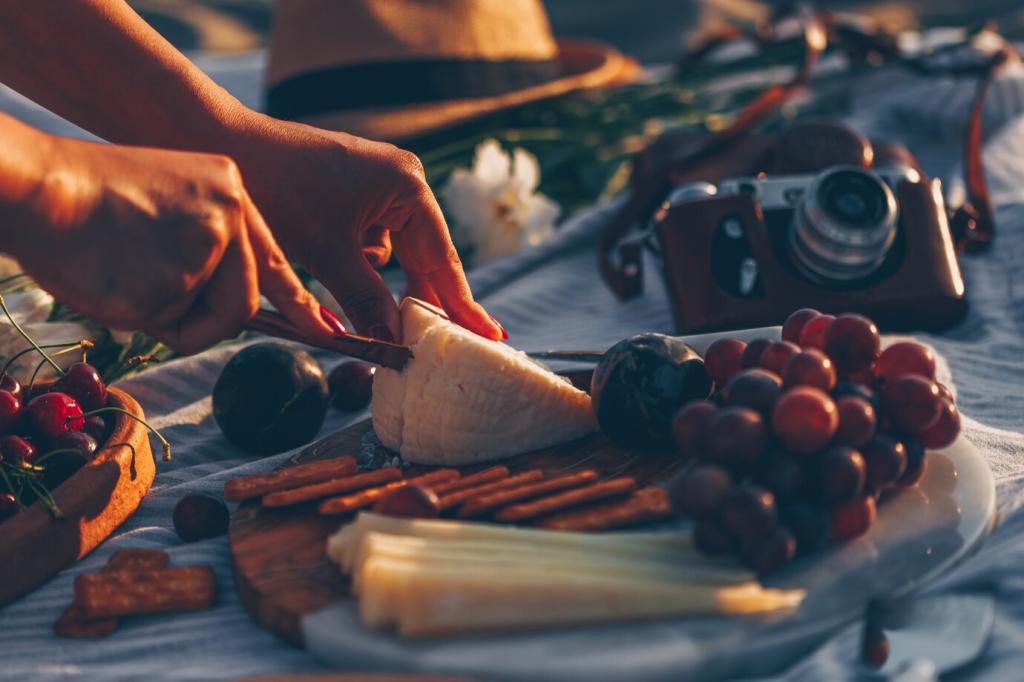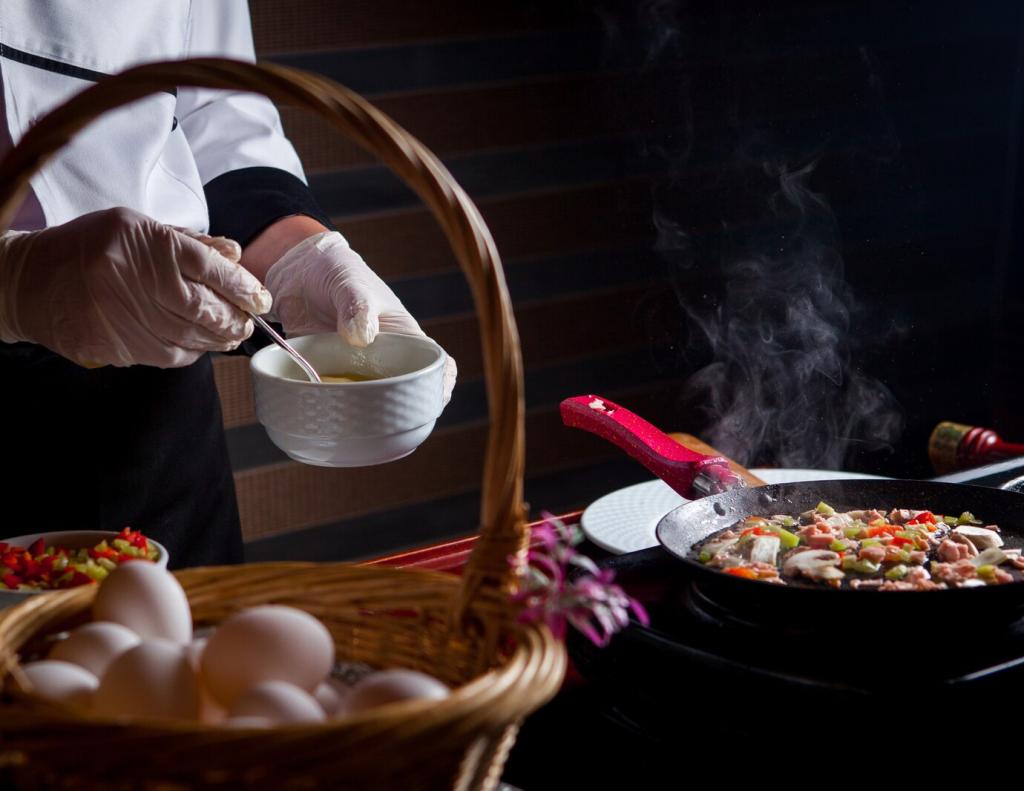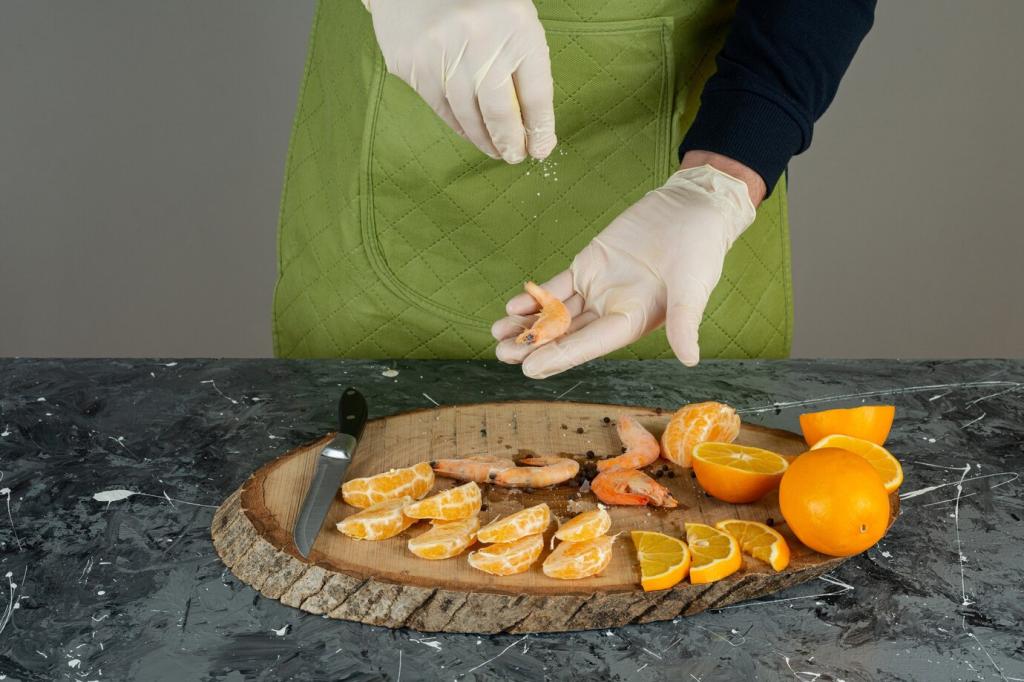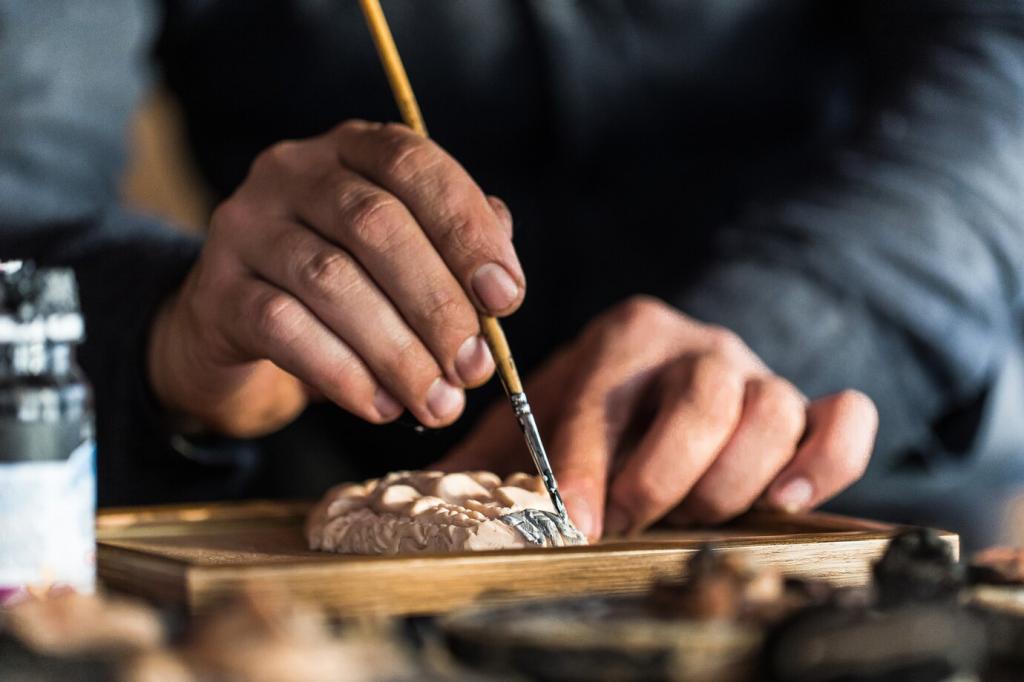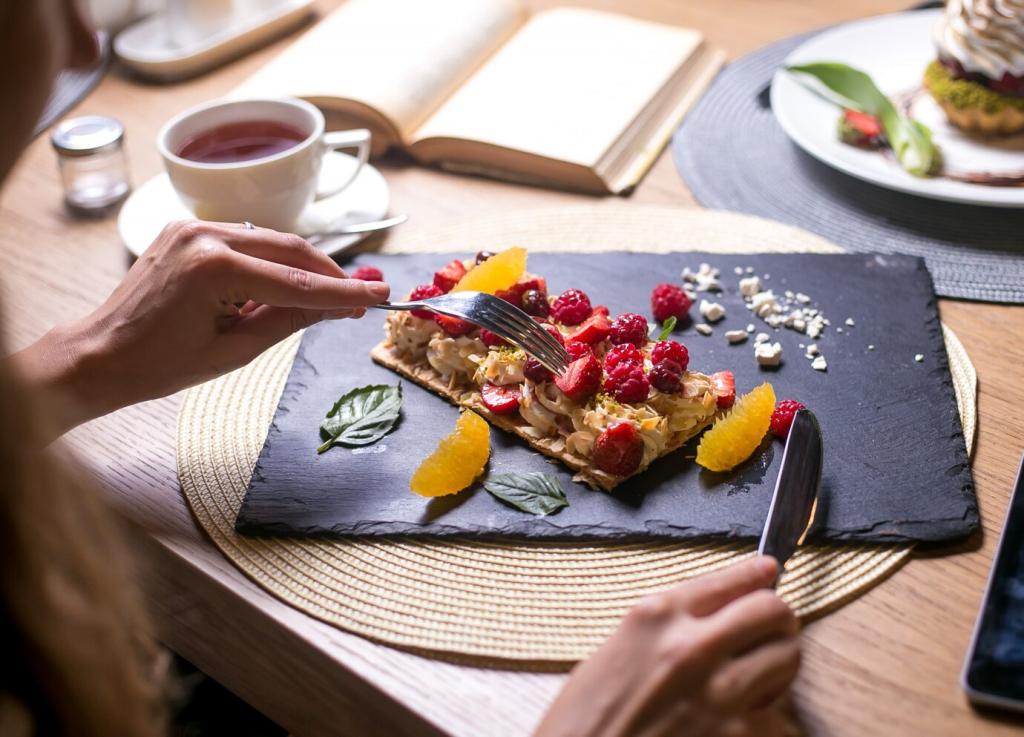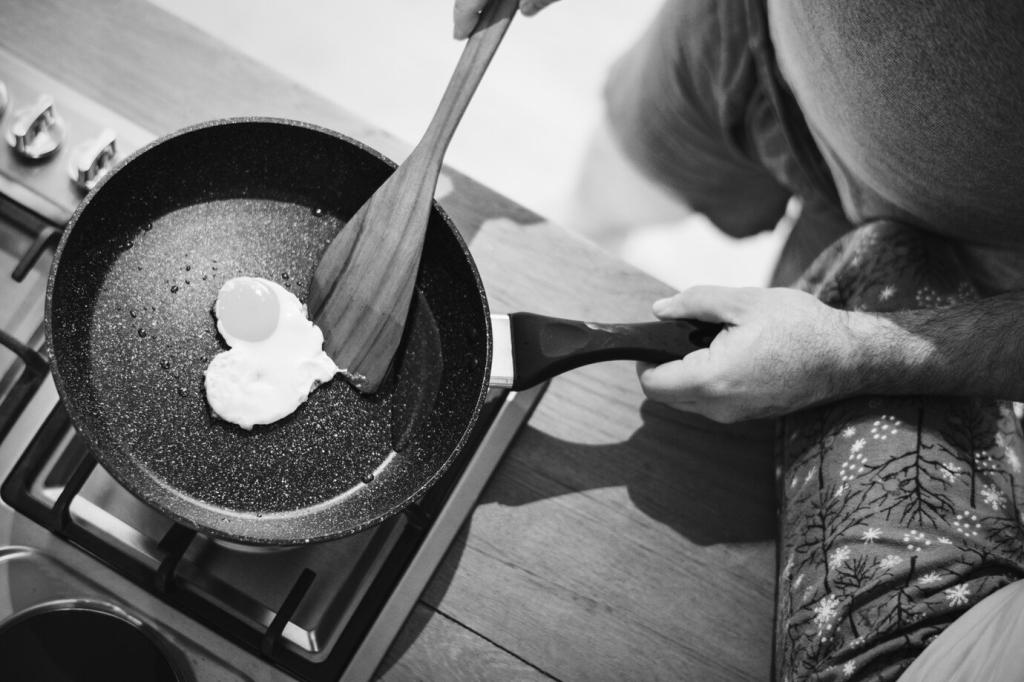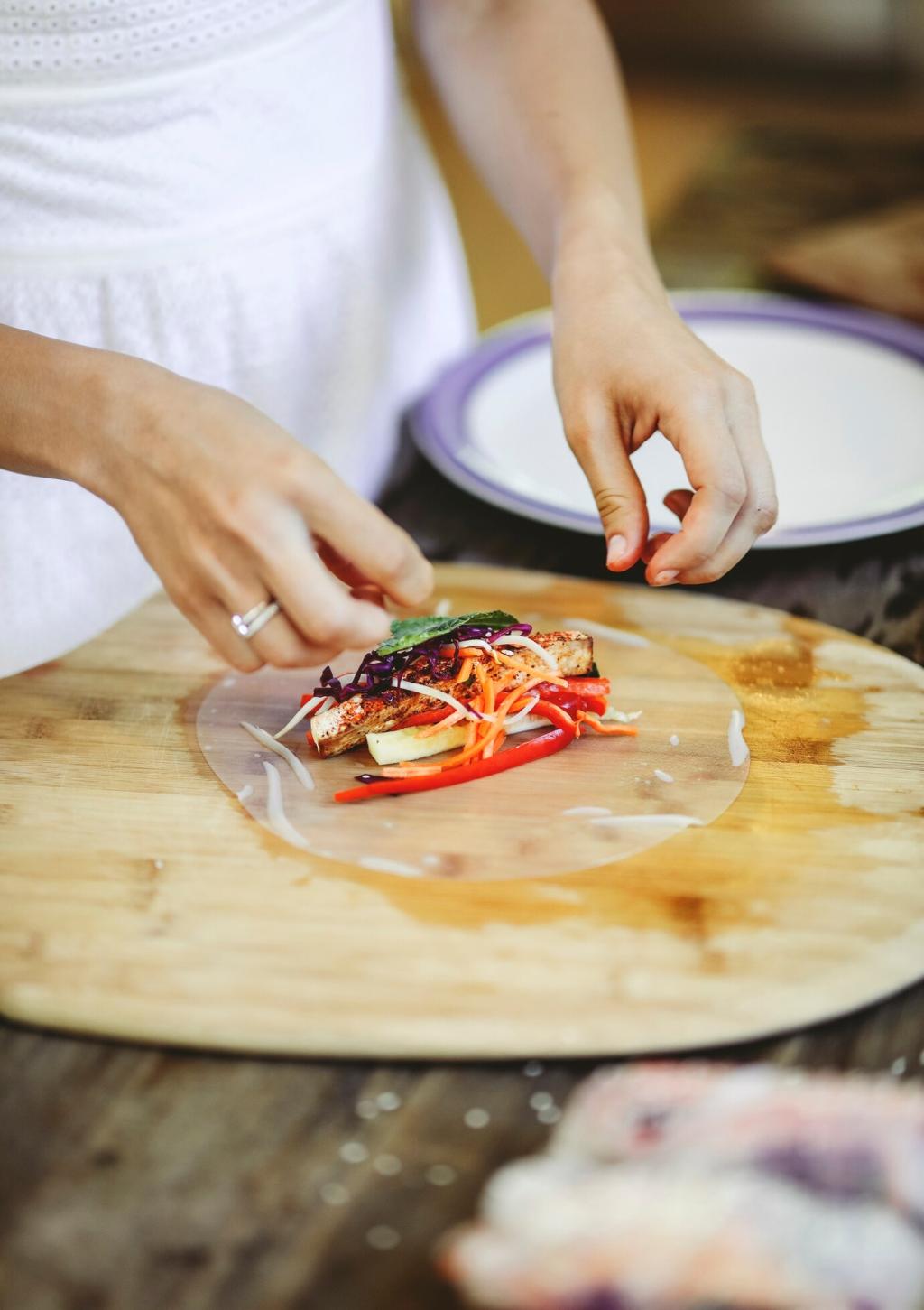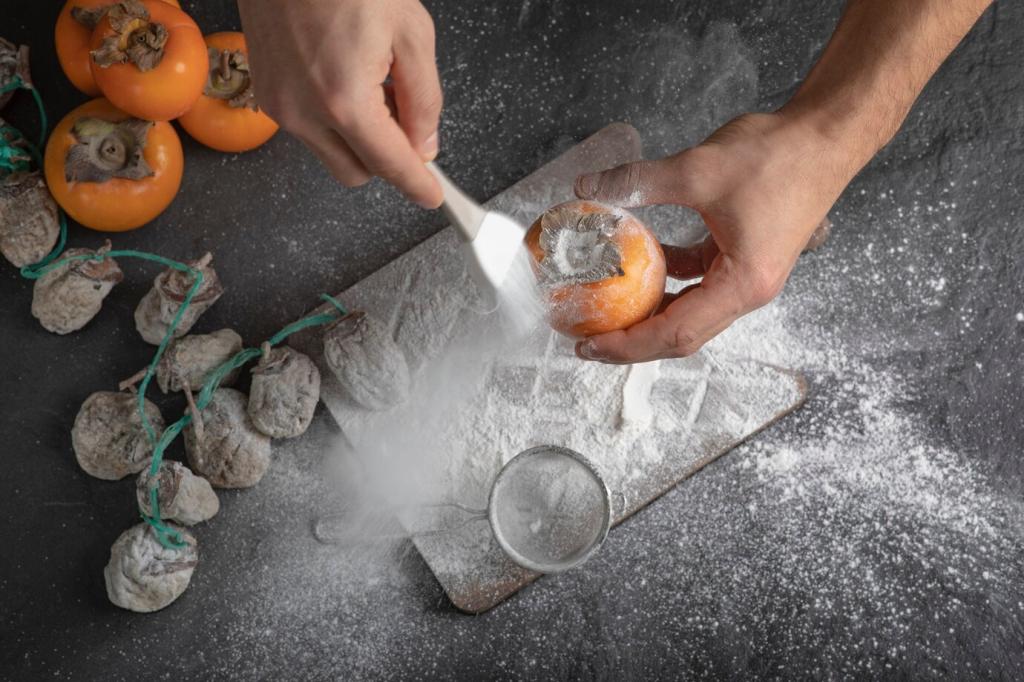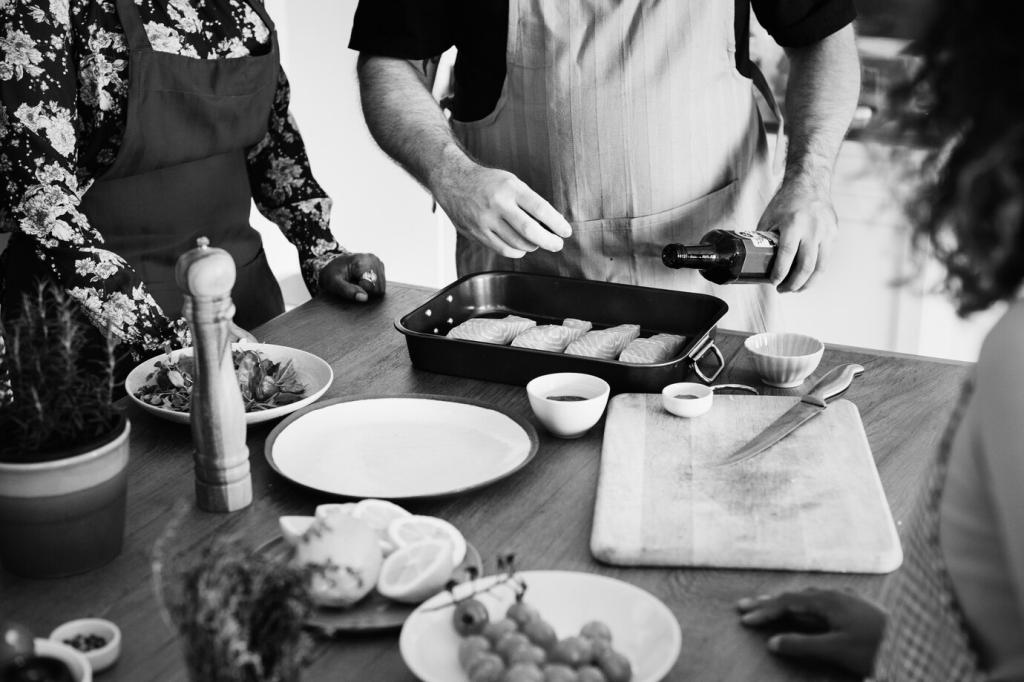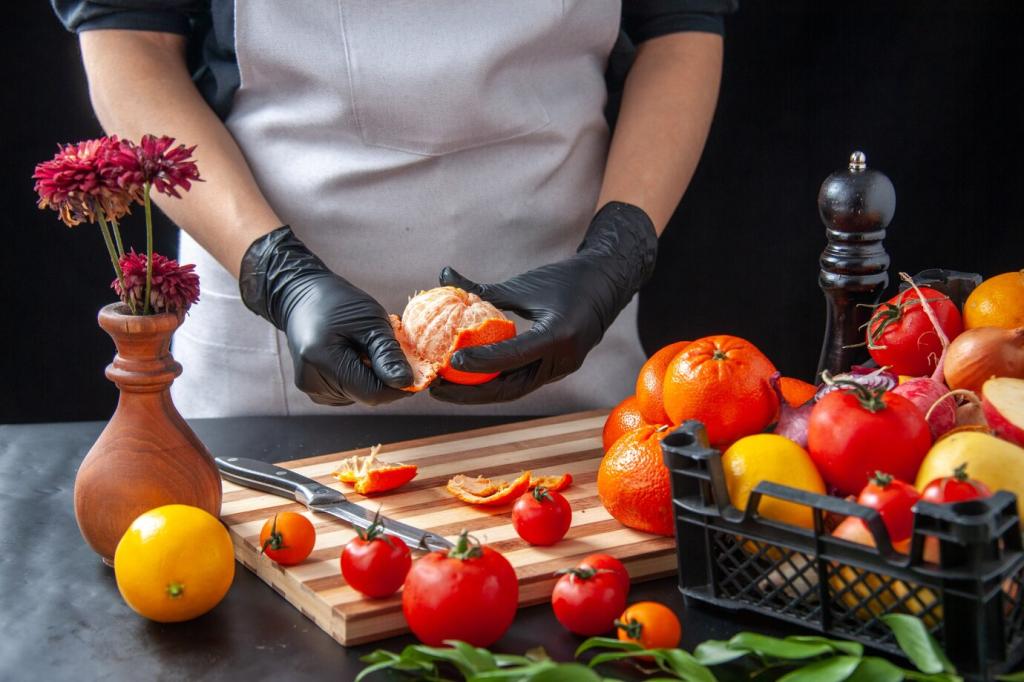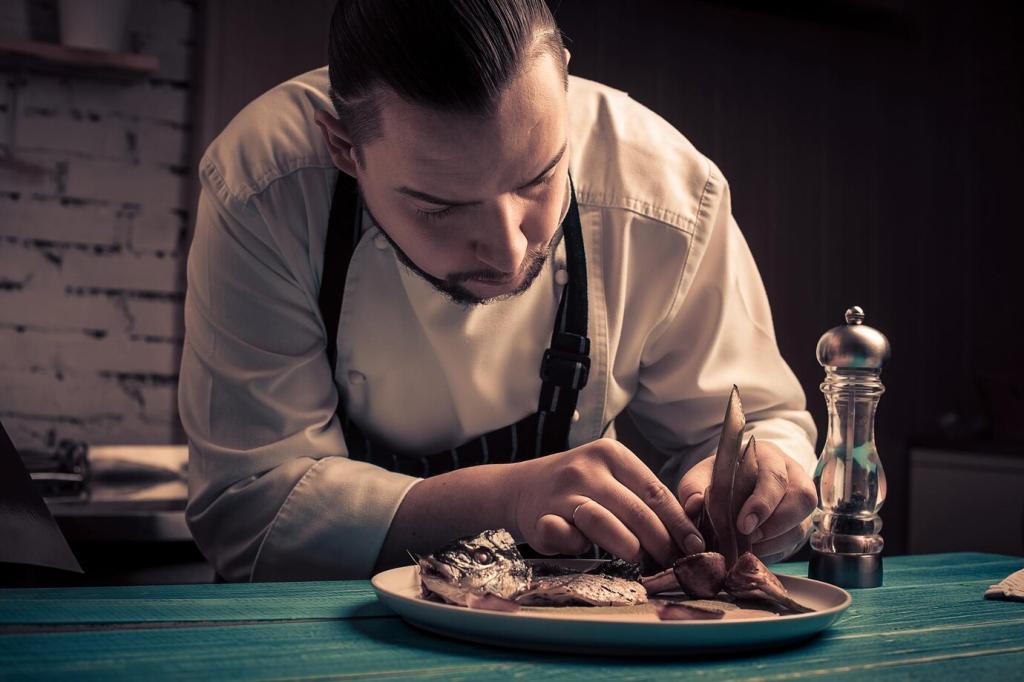Rooms, Couches, and Lamps: Setting the Stage
Guests reclined on three couches arranged around a low table, ideally three diners per couch. The position of honor was the upper seat of the middle couch. Imagine where you’d be placed—and why—based on friendship, wit, or reputation.
Rooms, Couches, and Lamps: Setting the Stage
Romans ate with hands and spoons; forks were unknown for dining. Pottery, glass, and silverware reflected wealth. Spot the small spoon, the cochlear, used for eggs and shellfish. What artifact have you noticed in a museum that suddenly feels personal?

